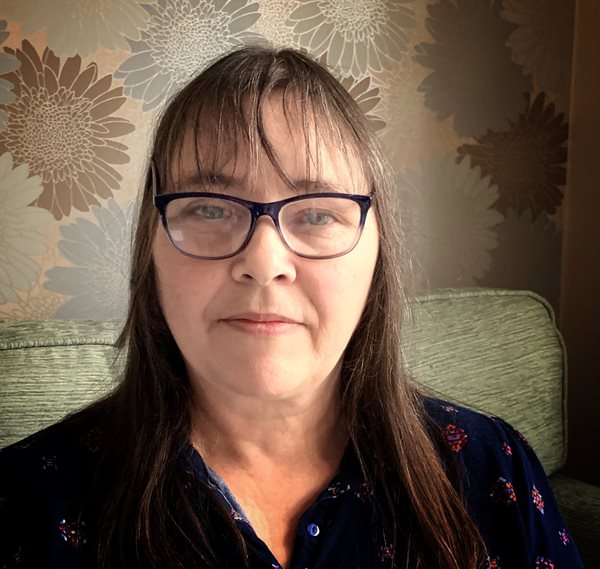 How did you come to be an educational writer?
How did you come to be an educational writer?
After starting out in my career as an accountant, I moved onto lecturing and teaching accountancy and business and became involved in writing accidentally when one of the colleges I was working with was asked to take part in a European distance learning project that involved producing materials for a business course.
After most of the volunteers dropped out, I ended up writing all the materials and found I really enjoyed the writing process. I was then approached by a publisher to write a text book to support level three business qualifications, which was followed by other requests from colleges, universities and publishers mainly for distance learning materials.
What do you think are the necessary skills for working in this sector?
The most important skill – apart from being able to write, obviously – is time management. The one thing that publishers and course providers need is to know that they will receive the manuscript in time to edit, DTP and print it before it’s required. Time costs them money as they need to have editors, designers and printers planned, in advance. And if materials or text books are not launched at the right time, the competitors will get in first!
'I usually have several projects on the go at once –
I really do make it a full-time job.'
Tell us about your typical working day.
I don’t know whether I have a typical working day! One of the things I love about working for myself and working from home is the flexibility and the variety.
I usually have several projects on the go at once – I really do make it a full-time job – and I will write most days but sometimes I’ll start early morning and work all day. Other days I’ll have a lazy morning and might work late into the night. And if the sun is shining and I’m ahead of schedule, I might just take the day off and go for a walk round the lake! I’m also doing a distance learning master’s degree in screenwriting at the moment, so try to fit in some time to write a bit of an assignment or script!
I do try to organise myself a bit, so make frequent to-do lists so I can keep up with multiple projects that might be at different stages (writing, answering editing queries, checking etc) and keep a detailed diary of time spent on different tasks, which helps me to estimate time for future projects.
What do you enjoy most about your work?
I enjoy the writing process. Most of my writing involves developing materials for short vocational courses and I get a real buzz from starting out with a new course specification and researching and planning it out.
The nice thing about having more than one project at once is that I can switch projects if I get bogged down in the writing of one and need a break. The worst bit for me is doing final checks. I’m always worried I’ll miss something and that the materials will go out with a silly mistake in them. So, I always try to do final checks in the morning when I feel most alert.
What would you consider to be the main challenges currently facing educational writers, and what can be done to address them?
I think the main challenge is securing a fee that really reflects the work that goes into writing. Payment for educational writing has changed over the years. The materials I write used to be contracted on a royalty basis, which – at that time – could be very lucrative.
'The materials I write used to be contracted on a royalty basis,
which – at that time – could be very lucrative.'
Now, though, it’s moved almost exclusively to a flat fee basis. This is mainly because publishers want to reuse materials for other publications and formats and paying royalties can become too complicated for them when a product could be made up from contributions of multiple authors and designers. However, as there’s less money around in education these days, I find a flat fee can be a better guarantee of income than royalties.
Do you have any advice for those starting out in educational writing?
My main pieces of advice for new writers are always meet the deadline and have a framework for working out fees. If you meet deadlines, you’ll be seen as reliable and that leads to more work.
As regards to price, I have an average day rate and work out a fee for projects on how many days I think it will take to research, write, deal with queries and do final checks. When I explain this to publishers, they are usually happy to go with it and accept the fee I’ve calculated because they can see it’s not just a random figure I’ve come up with. Also, for future work, they start to build that day rate into their budget so I’m not negotiating a new fee every time.